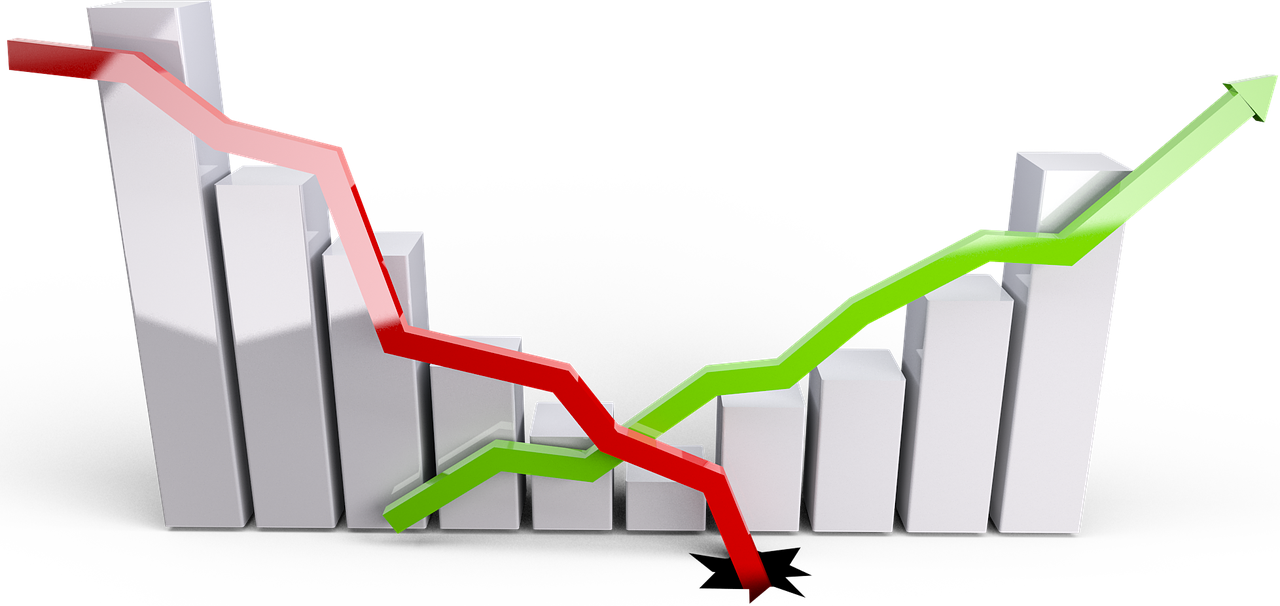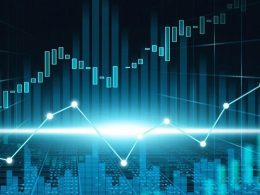The Federal Reserve, commonly known as the Fed, is responsible for overseeing monetary policy and maintaining financial stability in the United States. As one of the most powerful institutions in the world, any rifts or disagreements within its ranks can have a huge impact on global markets. Recently, there has been growing concern over potential “Fed fissures” – internal divisions among policymakers that could lead to conflicting decisions and uncertainty in economic policy. In this blog post, we will explore what experts are saying about this issue and consider what it could mean for the economy at large.
The risk of Fed fissures is growing
The Federal Reserve is composed of a board of governors and a group of regional bank presidents, all tasked with making decisions that affect the U.
S. economy as a whole. However, recent events suggest that there may be growing divisions among these policymakers.
One factor contributing to this risk is the current political climate. With an upcoming presidential election and ongoing debates over fiscal policy, tensions are high. Additionally, some members of the Fed have been critical of certain actions taken by their colleagues in recent months.
These divisions could lead to conflicting decisions within the Fed on issues such as interest rates or quantitative easing measures. This would create uncertainty for investors and businesses alike, potentially leading to market volatility or even economic downturns.
Given the magnitude of its influence on global markets, it’s understandable why many experts are concerned about potential fissures within the Federal Reserve. Only time will tell how these internal divisions play out – but one thing is clear: any significant disagreements between policymakers could have far-reaching consequences for us all.
Experts weigh in
Experts from various fields have shared their perspectives on the growing risk of Fed fissures. According to Karen Petrou, Managing Partner of Federal Financial Analytics, potential disagreements among policymakers could lead to a split in the central bank’s decision-making process. She believes that this could further undermine public trust and confidence in the institution.
Meanwhile, University of Oregon economics professor Tim Duy argues that it is unlikely for any major splits to occur within the Fed anytime soon. He noted that despite differing views on some issues, policymakers generally agree on broader policy goals such as maintaining price stability and promoting full employment.
However, others like former New York Fed President William Dudley believe that political pressures may increase the likelihood of divisions within the central bank. He warned about “reckless” moves by politicians which can jeopardize its independence and stability.
Experts seem divided regarding whether or not we should be concerned about possible fissures emerging within the Federal Reserve System. Nonetheless, they all agree on one thing — any significant divisions would have profound implications for both financial markets and overall economic performance.
What could trigger a Fed fissure?
There are a number of factors that could potentially trigger a Fed fissure. One possible trigger is the ongoing debate within the Federal Reserve regarding interest rates and inflation.
While some members of the Fed believe that interest rates should be raised in order to combat rising inflation, others argue that doing so could harm economic growth and lead to higher unemployment.
Another potential trigger for a Fed fissure is political pressure from outside sources. President Biden has already indicated his desire to appoint more progressive members to the Board of Governors, which could lead to increased tensions between those who favor tighter monetary policy and those who support looser policies.
In addition, external events such as global economic crises or unexpected shocks to financial markets could also create rifts within the Fed. For example, if another housing bubble were to occur similar to what happened in 2008, it could spark disagreements over how best to address the situation.
Ultimately, there are numerous factors that could lead to a fracturing of opinions within the Federal Reserve. It remains unclear exactly what will happen in this regard going forward but one thing is certain – all eyes will be on any signs of division among policymakers at this critical juncture for our economy.
How would a Fed fissure affect the economy?
The Federal Reserve is a crucial component of the U.
S. economy, and any rift within its ranks could have significant consequences for economic stability. One possible effect of a Fed fissure would be an increase in market volatility as investors try to adjust to uncertainty surrounding future monetary policy decisions.
Another potential impact is that it could lead to conflicting messages being sent out about what the Fed’s priorities are, which could cause confusion among businesses and consumers alike. This confusion may result in less investment activity or delayed spending decisions as people wait for more clarity on what direction the central bank will take.
Moreover, if there were disagreements over interest rate policy, this could create inflationary pressures or deflationary risks that would need careful management from policymakers and financial experts. It’s also important to note that any public disputes between officials can undermine confidence in the institution itself, resulting in negative perceptions about its ability to effectively manage economic issues.
A Fed fissure has the potential to shake trust in one of America’s most vital institutions and destabilize markets at home and abroad. While it remains unclear whether such an event will occur anytime soon, it’s worth considering how we might respond should this scenario come into play.
Conclusion
The possibility of Fed fissures is a topic that experts have been monitoring closely. While some believe that it is unlikely to happen anytime soon, others argue that internal tensions could increase as the economy continues to recover and inflation concerns persist.
Regardless of what happens in the coming months, it’s clear that any significant disagreement within the Fed could have far-reaching consequences for both financial markets and the broader economy. Investors should remain vigilant and stay informed about developments at the central bank.
It’s crucial for policymakers to maintain open lines of communication with one another and prioritize transparency in their decision-making processes. By doing so, they can help mitigate potential risks and ensure a stable economic environment for years to come.











